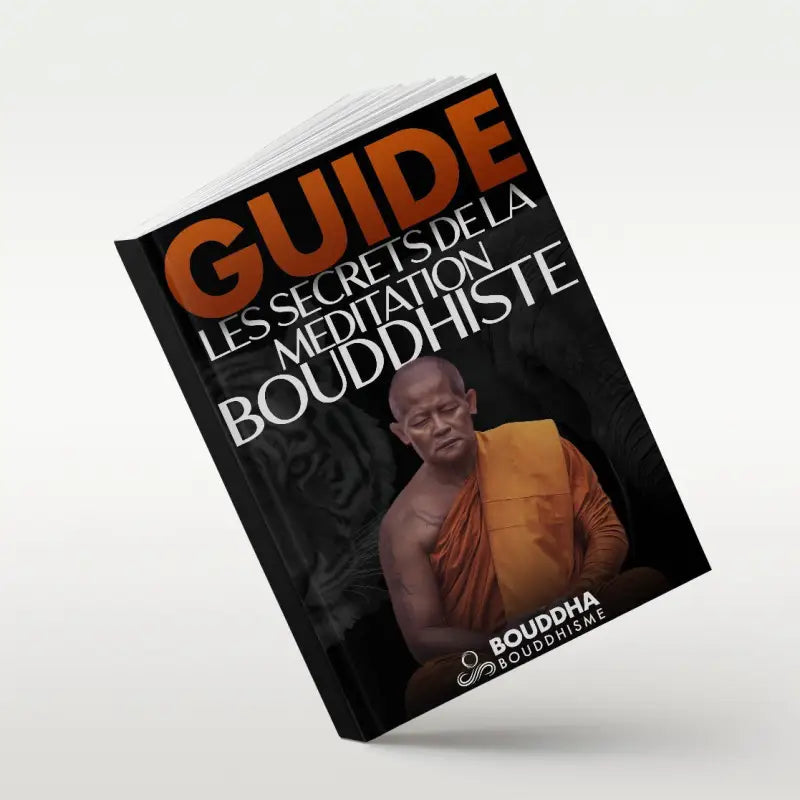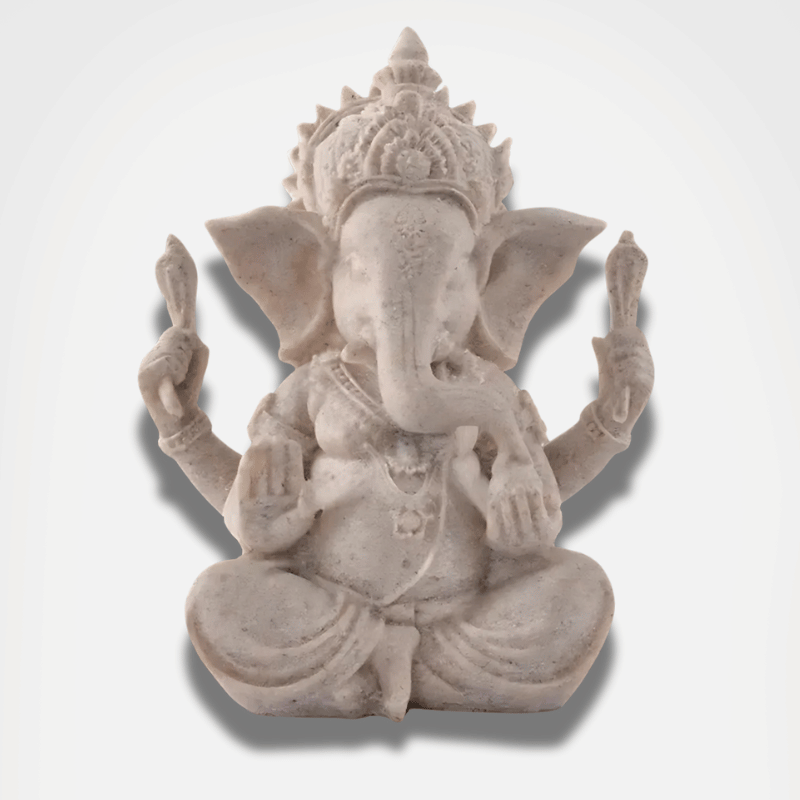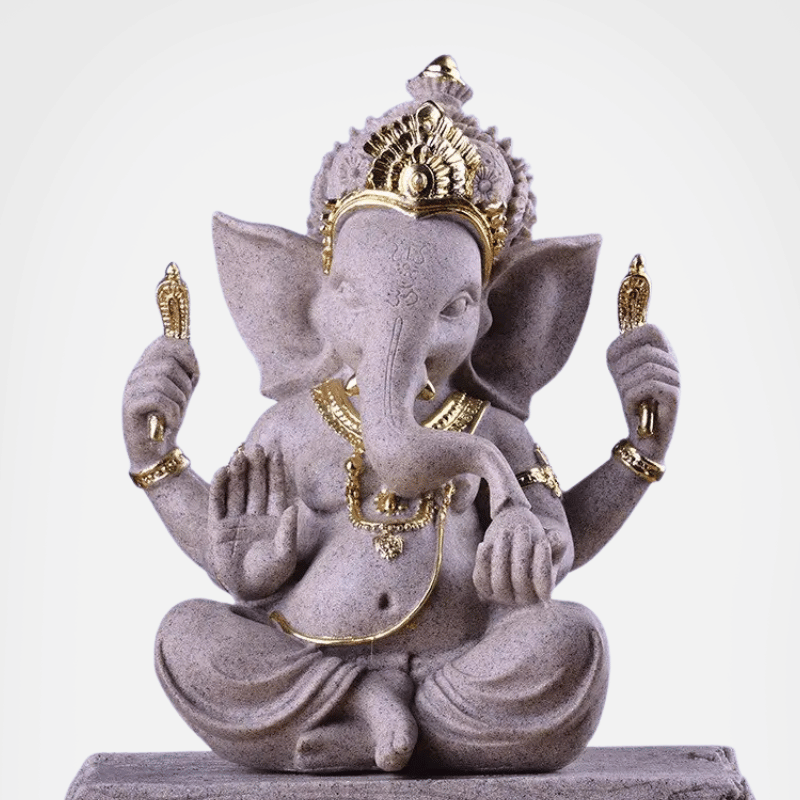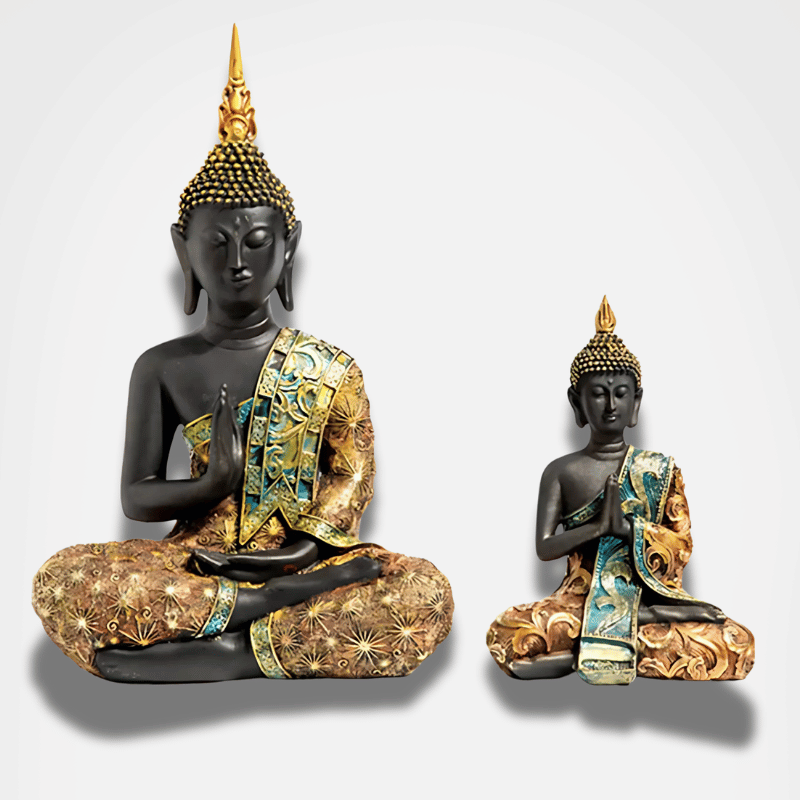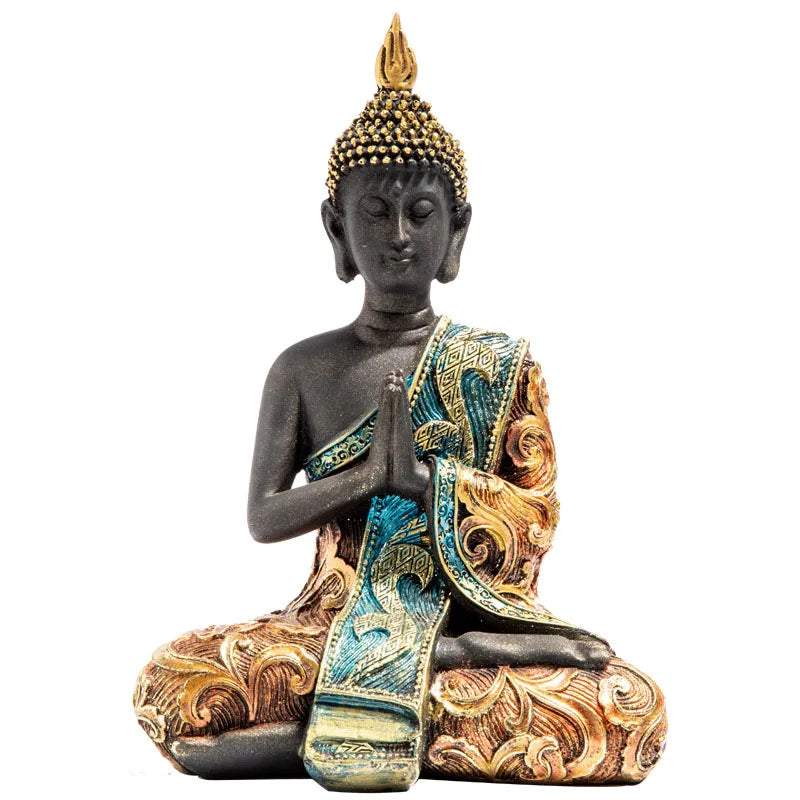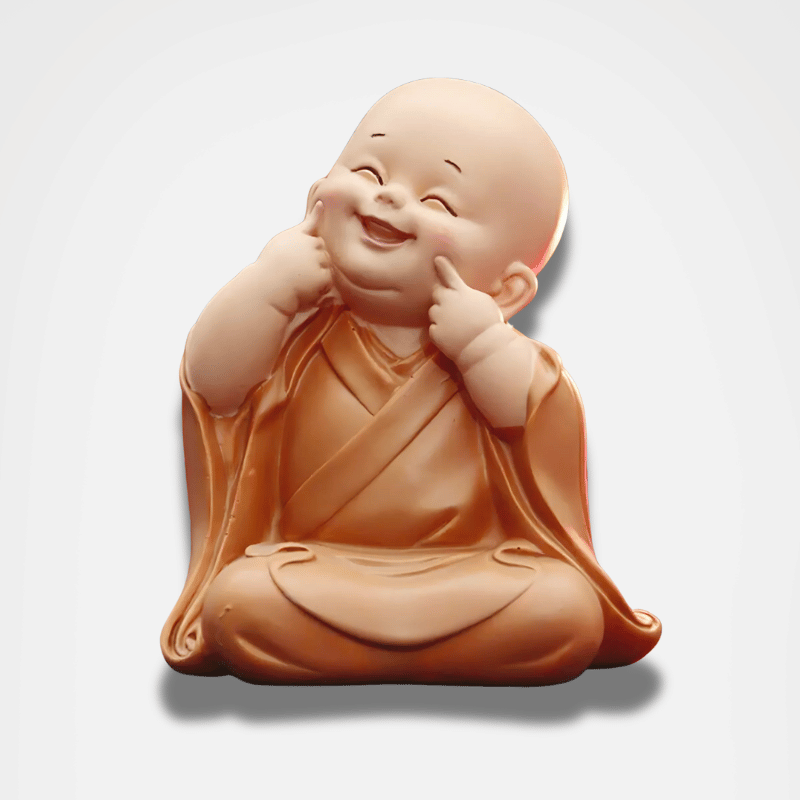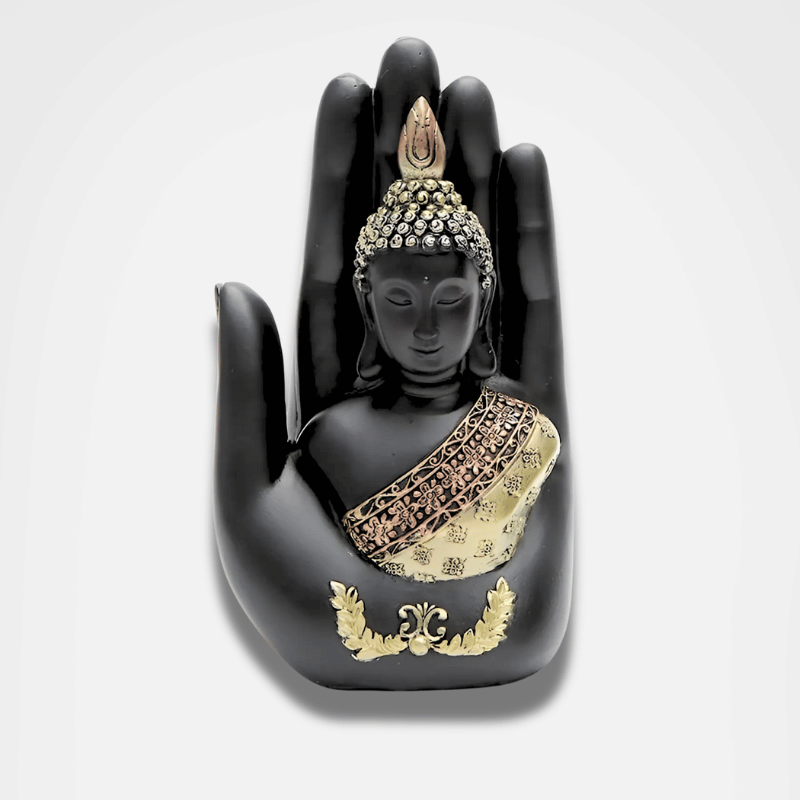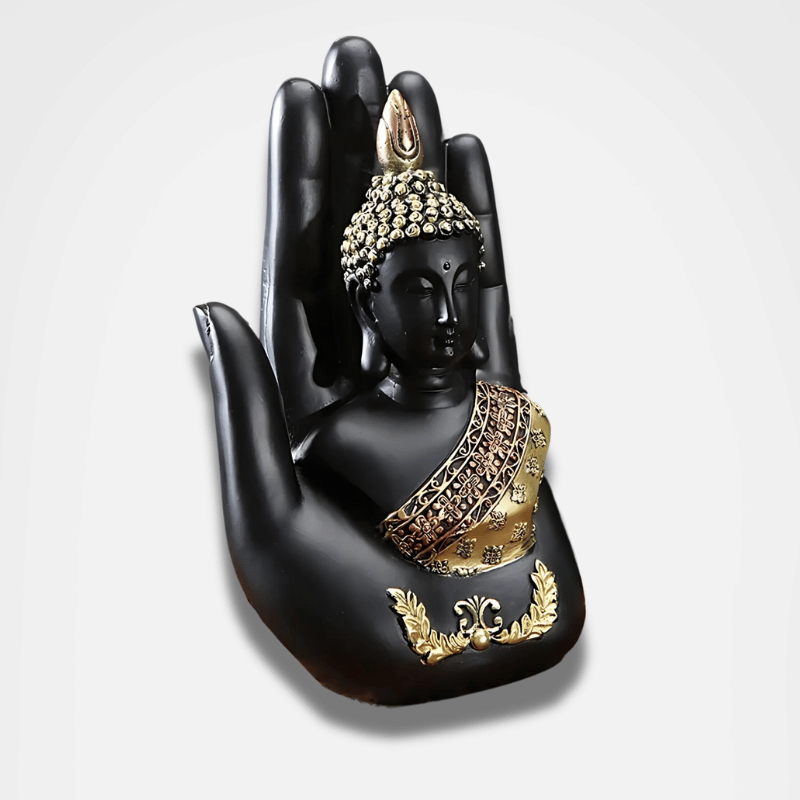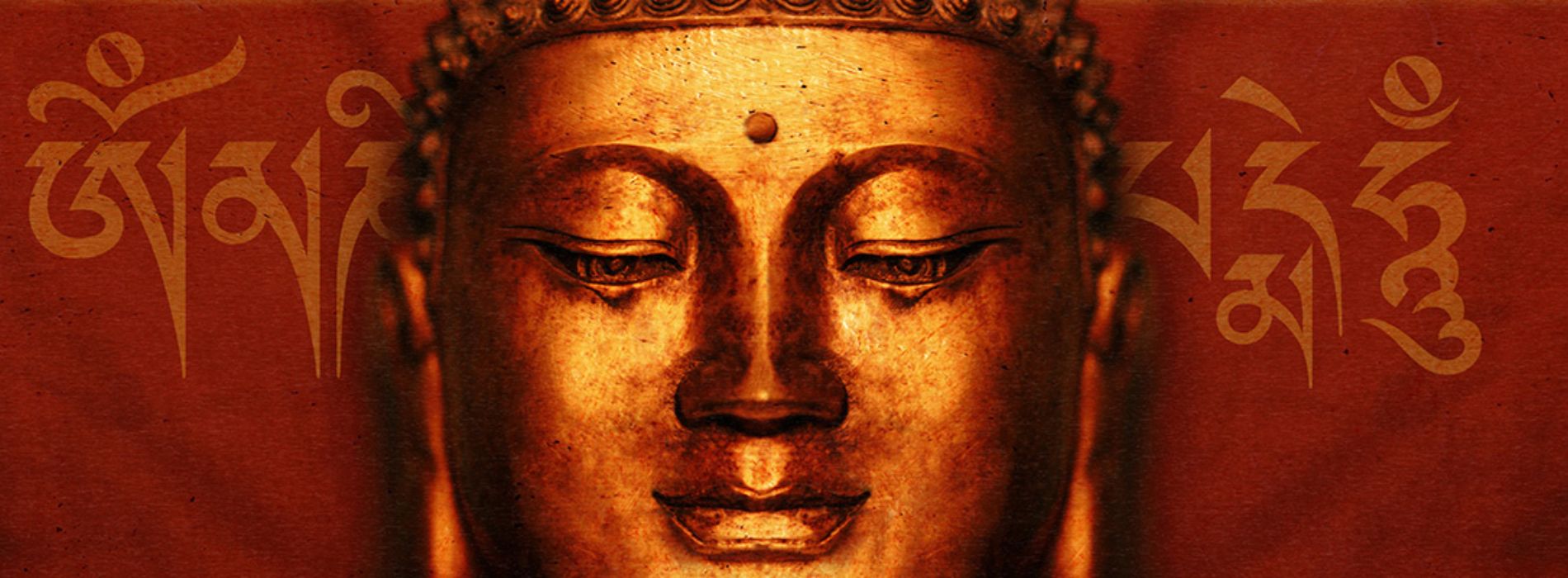The Dharma, the Sacred Book of Buddhism
Origin and Content of Dharma
The Dharma, also known as the Tipitaka, is the sacred book of Buddhism. It is considered the teachings of the Buddha himself and forms the basis of Buddhist philosophy. The Dharma is written in Pali, an ancient language, and is composed of three main parts: the Vinaya, the Sutras and the Abhidharma.
The Vinaya contains the rules and precepts for Buddhist monks and nuns, thus setting the code of conduct and monastic practices. The Sutras, or discourses of the Buddha, describe his teachings on meditation, inner peace, compassion and achieving spiritual awakening. The Abhidharma are philosophical texts that analyze the nature of reality and detail Buddhist psychology.
The Vinaya: The Monastic Rules
The Vinaya is an essential part of the Dharma which establishes the rules of conduct for Buddhist monks and nuns. These rules, called “precepts”, provide a moral and disciplined framework for life. They include prohibitions on killing, stealing, lying, using intoxicants and having sexual relations. Vinaya is considered a path to achieving purification of the mind.
The rules of Vinaya are divided into different categories depending on the seriousness of the transgressions and the circumstances. Monks and nuns must follow these precepts strictly and are encouraged to live in harmony with the Buddhist community.
The Sutras: The Words of the Buddha
The Sutras, or discourses of the Buddha, are a central part of the Dharma. They contain the Buddha's teachings on meditation, wisdom, compassion and ultimate truth. The sutras emphasize liberation from suffering and the achievement of spiritual awakening.
The Sutras offer practical guidance on meditation and profound insights into the human condition. They inspire Buddhists to cultivate qualities such as kindness, generosity and mindfulness. The Sutras are considered sacred texts, and their study and recitation are practiced by Buddhists around the world.
The Dharma in Buddhist Practice
The Dharma is at the heart of Buddhist practice. Buddhists strive to study, understand and apply the teachings of the Dharma in their daily lives. The practice of Dharma aims to cultivate wisdom, compassion and mindfulness.
Many Buddhists seek to realize the “Three Jewels” of Buddhism: the Buddha, the Dharma and the Sangha. The Dharma is considered a guide to achieving spiritual awakening and liberation from suffering. Meditation and reflection on the teachings of the Dharma are key practices in the Buddhist path.
Meditation in the Dharma
Meditation occupies a prominent place in Buddhist practice. It is considered a way to cultivate mindfulness and develop mental concentration. Several meditation techniques are taught in the Dharma, including breathing meditation, loving-kindness meditation, and vipassana meditation.
Through meditation, practitioners seek to develop mental clarity and understand the nature of reality. Meditation is a daily practice for many Buddhists and is considered a way to deepen the understanding and practice of Dharma.
Compassion in Dharma
Compassion is another essential aspect of Dharma. The Buddha taught the importance of compassion towards all living beings, including humans, animals and plants. Practitioners seek to cultivate compassion by developing kindness, empathy and non-violence.
Compassion is seen as an antidote to self-centeredness and suffering. Buddhists are encouraged to practice compassion toward themselves and others, recognizing the interconnectedness of all living beings.
The Dharma: A Path of Wisdom and Liberation
The Dharma offers a path to wisdom, liberation and inner peace for those who embrace Buddhist teachings. It invites practitioners to develop a deep understanding of the human condition and to cultivate wisdom and compassion throughout their lives.
By following the Dharma, one aspires to achieve spiritual awakening, to transcend suffering and to live in harmony with others and with the world. The Dharma continues to inspire and guide Buddhists across times and cultures, providing a source of truth and goodness in each person's spiritual journey.
Live According to Dharma
The Dharma, the sacred book of Buddhism, is a guide to living a life full of wisdom and compassion. By following the teachings of the Buddha contained in the Dharma, practitioners can find inner peace and liberation from suffering.
Whether you are a Buddhist or simply interested in Buddhism, the Dharma offers profound insights into the nature of reality and practices that can benefit everyone. Explore the teachings of Dharma and discover how they can enrich your life and nourish your spirit.
Nourish Your Soul with Dharma
The Dharma, the sacred book of Buddhism, is a treasure trove of wisdom and spiritual truth. His teachings on meditation, compassion, and mindfulness can nourish your soul and guide you toward spiritual awakening.
Take time to study and reflect on the teachings of the Dharma. Immerse yourself in the words of the Buddha and let them resonate within you. By integrating the teachings of Dharma into your life, you can find a source of guidance and inner peace.
Meditation: A Powerful Tool of Dharma
Meditation plays a central role in Buddhism and is considered a powerful tool for personal transformation. Through meditation we can develop mindful presence, mental clarity and inner calm.
Meditation allows us to explore our mind and our direct experience. It can help us calm the incessant flow of our thoughts, manage stress and anxiety, and develop a greater awareness of ourselves and the world around us.
Compassion: A Fundamental Virtue of Dharma
Compassion is at the heart of Buddhism. It is the ability to feel the suffering of others and to want to relieve it. Compassion connects us with our common humanity and invites us to cultivate altruism and act for the well-being of others.
By developing compassion, we can bring love and kindness into our daily lives. Whether toward loved ones, strangers, or even our enemies, compassion can transform our relationships and help us create a more loving and caring world.
In Summary
The Dharma, or Tipitaka, is the sacred book of Buddhism. It contains the Buddha's teachings on meditation, wisdom, compassion and freedom from suffering. The Dharma offers a path of wisdom and liberation for those seeking inner peace and spiritual awakening.
By following the teachings of the Dharma, you can cultivate wisdom, compassion and mindfulness in your daily life. Meditation and compassion are key Dharma practices that can nourish your soul and guide you toward a fulfilling life focused on the well-being of others.























